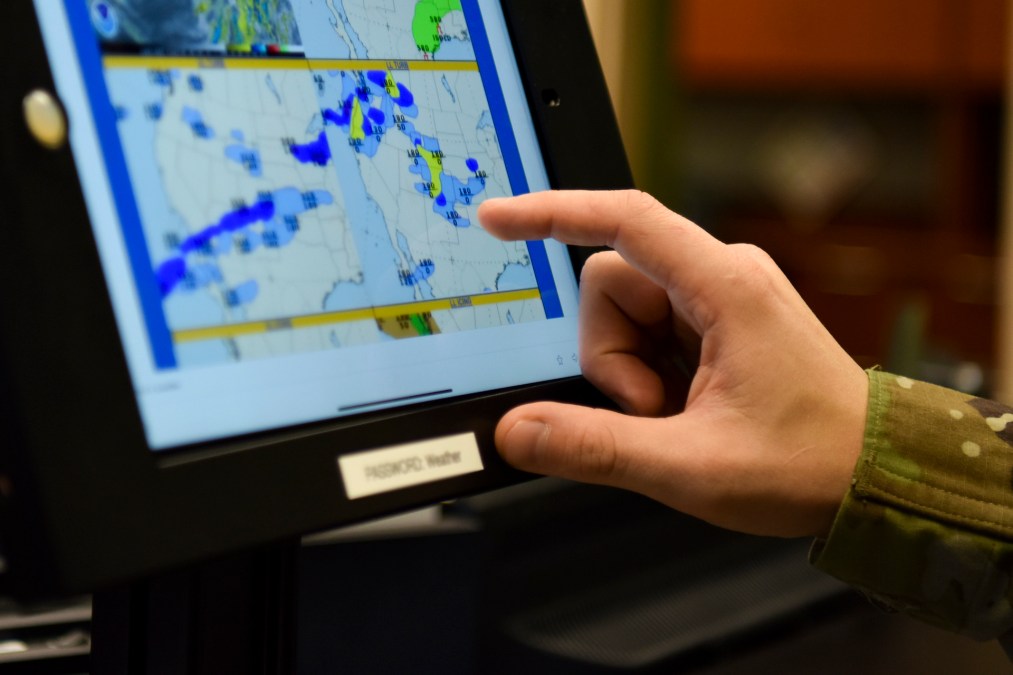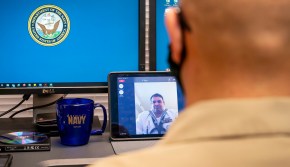Those who are ‘data fluent’ will be future leaders of DOD, deputy CDO says

The Department of Defense is in the midst of a transformation rooted in becoming a more data-driven, digital organization. And to get there, the department is going to need to not only develop a culture centered on data but build a workforce of data-savvy leaders, said one of its top data officials.
The DOD is working this year to implement a “broad program of data training, education and outreach that will have a positive and lasting effect on DOD’s culture,” Clark Cully, deputy chief data officer, said at Informatica’s Data in Action Summit, produced by FedScoop.
As data management and utility becomes more engrained in the department’s DNA, the ability to understand and use data will become an essential skill across the ranks of the military — especially for those at the top, Cully said.
“Those who are fluent in using data will be the future leaders in our organization,” he said.
Cully’s remarks came shortly after Deputy Secretary of Defense Kathleen Hicks introduced “data decrees” to the department. The decrees give instructions, in concert with the department’s data strategy, on how to better use the military’s data for everything from back-office operations to battlefield decision-making.
This new model was developed to “enable our warfighters in the field to have strategic impact,” Cully said. “We need to equip and entrust our service members to operate as edge nodes able to sense, understand and act with both speed and precision.”
But the model is nothing without service members who understand how to operate in it.
“This approach is fundamentally rooted in the quality of our people,” Cully said. “While the latest technology is important, success ultimately depends on our investments in human capital. We urgently need empowered and data-savvy leaders. Recruiting, growing, retaining and reskilling the right talent is going to take us a lot of time.”




